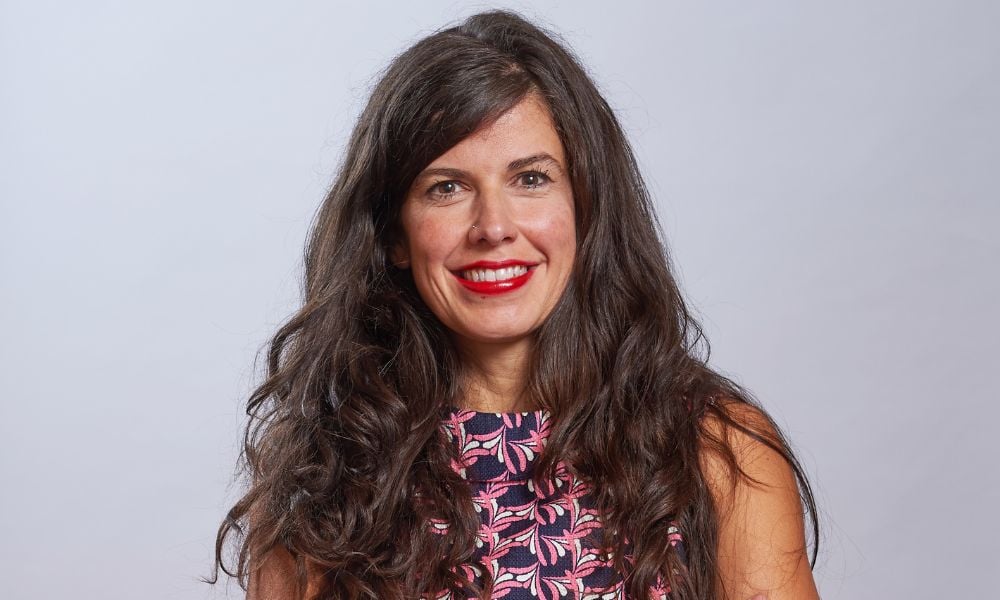
Prof. Anne Levesque has been appointed academic director of experiential learning

To synchronize and enhance to school’s various legal clinics, the University of Ottawa’s law faculty has established a new position: academic director of experiential learning.
Law faculty dean Kristen Boon recently announced she has appointed Anne Levesque to the position. uOttawa is home to the Samuelson-Glushko Canadian Internet Policy and Public Interest Clinic (CIPPIC), the Equality Rights Clinic, Ecojustice, and the Community Legal Clinic.
Levesque was the first director of the French version of the Legal Practice Program (LPP), the legal education program that serves as a substitute for articling. She is an associate professor at the University of Ottawa Faculty of Law in the French common law program. She runs the Equality Rights Clinic, which does pro bono public-interest cases dealing with equality rights.
“This new mandate is to better coordinate and take stock of all the experiential learning opportunities at the faculty, support those experiences and be strategic about creating new ones,” says Levesque. She says the goal is also to offer more uniform training to students, provide better tools to teachers, and cultivate more consistent learning outcomes in the experiential learning initiatives.
In their work for the school’s various legal clinics, students are making a “direct and significant impact” on the most demanding current legal issues, such as climate change, AI, social inequality, and reconciliation with Indigenous peoples, said Boon.
The CIPPIC is Canada’s sole technology law public interest clinic where students work with lawyers on issues arising from the intersection of law and technology. Ecojustice is Canada’s largest environmental law charity and litigates, advocates for law reform, and engages the public on the environment and sustainability. The University of Ottawa Community Legal Clinic is staffed by lawyers and law students, provides legal services to the community, and is partly funded by Legal Aid Ontario.
“There's a host of different experiential learning opportunities already at the faculty, depending on the area of practice that students are interested in and also the skills that they want to develop,” says Levesque. Her role is to help assess the process, help students find a path that fits with their passion and ambitions, and to “be more intentional about our learning outcomes and our experiential learning initiatives,” she says.
Levesque will work closely with the vice-dean of Ottawa’s English program Professor David Wiseman. They have collaborated on training for students and experiential learning initiatives such as the free law clinic and pop-up clinics.
“I was thrilled when the dean appointed me, but I think it’s a natural build on what David and I and other partners within the faculty have been doing for some time.”
Levesque’s term begins June 1.